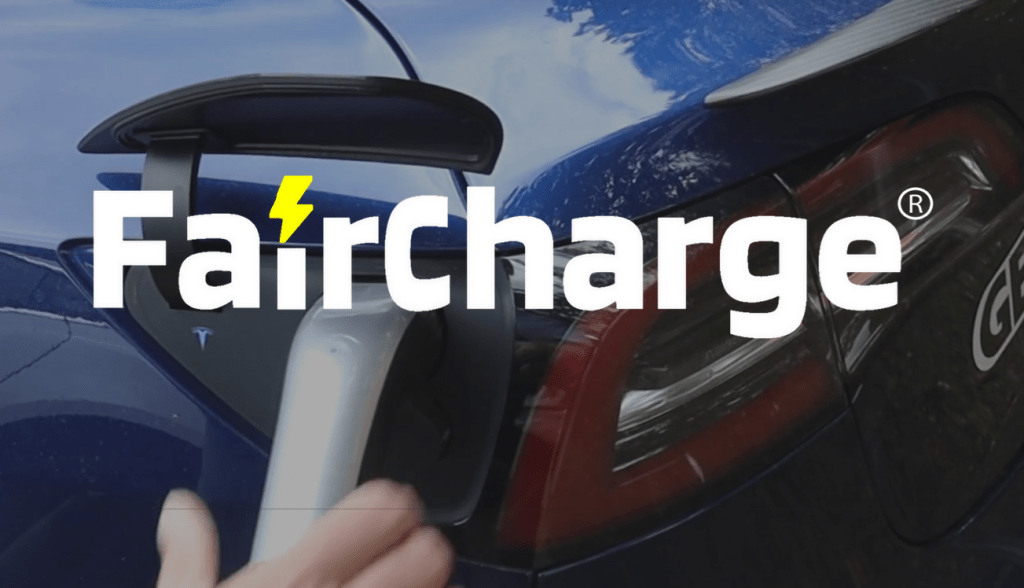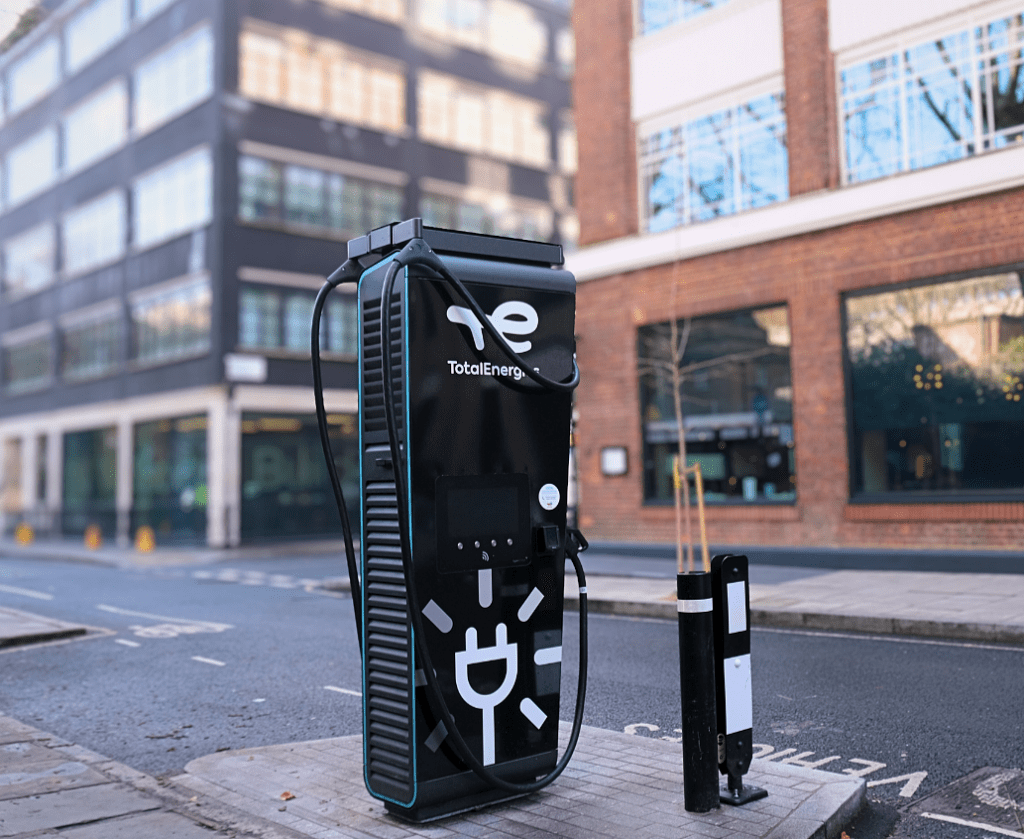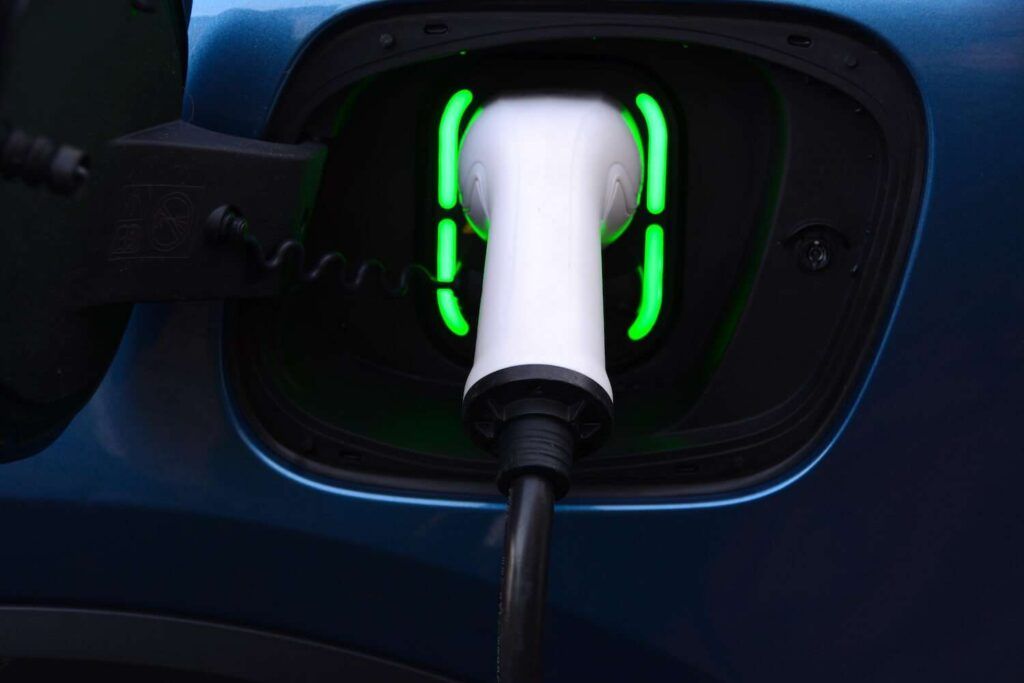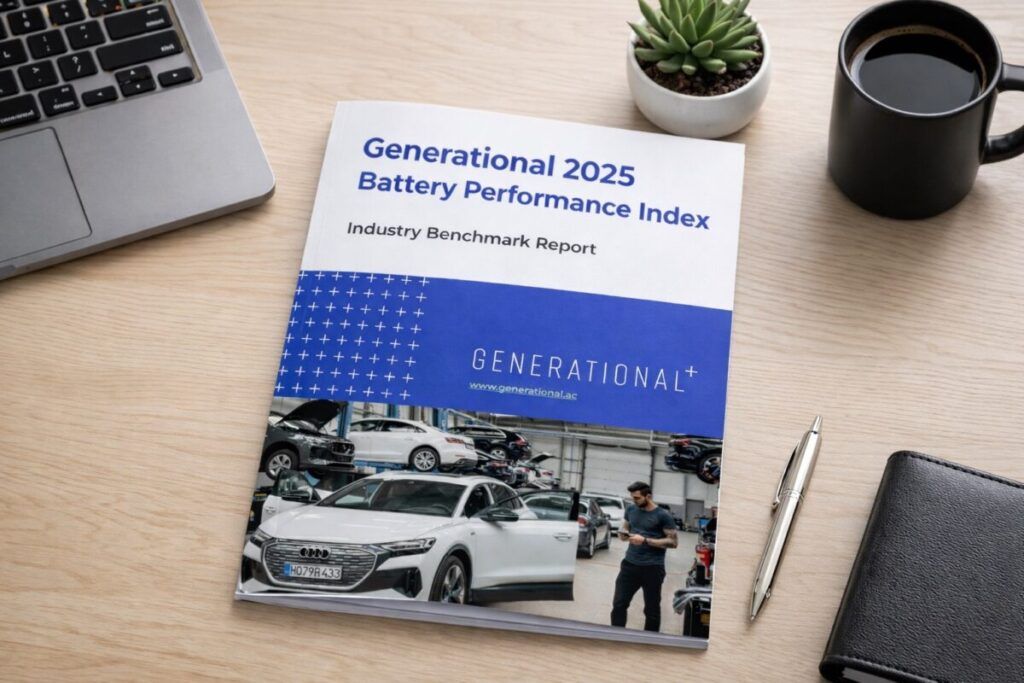FairCharge, the national electric vehicle campaign group, is urgently calling on the Government to cut the VAT rates on public EV charging and has set out a six-point action plan to accelerate the electric car revolution.
The campaign group, which is headed up by motoring journalist Quentin Willson, wants VAT to be in line with the 5% rate for those who charge at home.
Ahead of the upcoming Spring Statement, FairCharge has set out a six-point action plan for the Government to keep the UK’s electric car revolution on track and to ensure all drivers are able to access an EV. This includes:
- Axing the Pavement Tax: equalising the VAT rates for public (20%) and home (5%) EV charging so that those unable to charge at home are not unfairly disadvantaged.
- Finalising and publishing a strong ZEV mandate: to provide investment confidence to build EVs and infrastructure in the UK and support UK manufacturers.
- Delivering charge point funding, guidance and standards to advance the roll-out of charging infrastructure at the local level.
- Support schemes for low-income drivers to access EVs, mirroring similar initiatives in Europe and the US.
- Decoupling the wholesale price of electricity from gas for lower energy costs for all.
- Increasing the provision of EV charging signage to tackle charging anxiety and provideconfidence to current and future EV drivers.
New analysis shows a shocking disparity between those areas most ready for the switch to EVs and those in need of greater support from central government.

Founder of FairCharge Quentin Willson said: “America and Europe can clearly see the massive economic, social, and public health benefits of electrification. If we’re not careful the UK will claim last place in the race for global investment and become the land of diesel-driving dinosaurs.
“The Chancellor should use the Spring Statement to make a generational commitment to the future of UK electrification to create investment confidence for the industry, increase energy security, and help clean up our urban air. Cutting VAT on public charging is essential. The Treasury is disadvantaging drivers by forcing them to pay four times the rate of VAT simply because they don’t have a driveway. These higher costs are also slowing EV adoption.
“Since the Government grandly announced the halt of new combustion car and van sales in 2030 it feels like it’s rammed on the handbrake. UK EV manufacturing industrial strategy has all but disappeared, car makers are moving EV production abroad, subsidies have gone – along with hopes of a British battery factory. Last week the White House – political centre of the land of V8 engine – announced a $27.5 billion package to support EVs, charging infrastructure, battery manufacturer and the supply of critical minerals. In the UK we can’t even offer £500 for a home charger. If the Government doesn’t take urgent action, we will lose the opportunity for tens of billions in economic activity and tens of thousands of new highly paid, highly skilled jobs.”
The findings have led to renewed calls for the Government to abolish what FairCharge has dubbed the EV ‘Pavement Tax’, by swiftly moving to equalise the VAT rates for on-street public (20%) EV charging in line with that of home (5%) charging, which disadvantages over a third of the population who can’t charge an EV at home, alongside an action plan to progress the EV revolution.
While, on average, 38% of UK households can’t charge at home, new data reveals that this reaches 90% in areas of London and Glasgow, 80% in parts of Portsmouth and Edinburgh, and 75% in parts of Birmingham. Wigan’s Makerfield constituency tops the table of the greatest potential access to at- home EV charging, closely followed by Rother Valley in Yorkshire; Sefton Central in Liverpool; and St Helens, also in Merseyside.
Coventry has the most public chargers per household solely reliant on the public network, closely followed by Westminster and Kensington in London, Birmingham Yardley and Milton Keynes North. Birmingham Ladywood; Harrow East; Luton North; and Rhondda, are lagging behind and home to the least public chargers per household without home charging.












